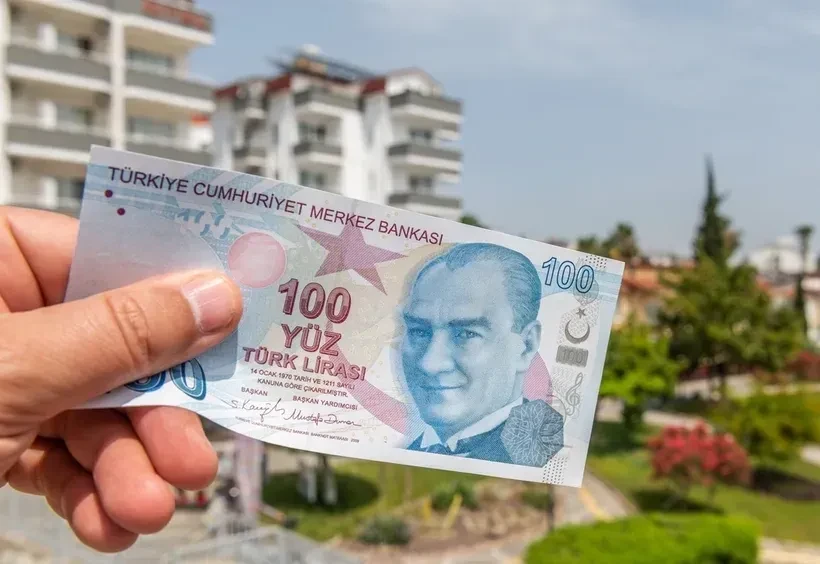In Alanya, tenants are focused on this date: Will housing and car loan rates decrease?

In Turkey's high inflation environment, the use of housing and car loans has significantly decreased. High interest rates and credit limit restrictions are cited as the main reasons for this situation. Citizens wishing to own a home or a car are looking forward to the Central Bank's Monetary Policy Committee meeting on January 23, hoping for a reduction in interest rates.
SHARP DROP IN HOUSING AND CAR LOANS EXPECTED
Housing and car loan balances ended 2024 with double-digit real declines. However, the banking sector is painting a more optimistic picture for 2025. Currently, the lowest mortgage interest rate is 2.79%, and it is expected to drop below 2.5% following the Central Bank's January meeting.
According to the Banking Regulation and Supervision Agency (BDDK), while nominal housing loans increased by 17.3%, they experienced a real decline of 18.8% due to inflation. The decrease in car loans reached 45.9% in real terms.
HIGH INTEREST RATES REDUCED LOAN DEMAND
According to BDDK's weekly data, the total housing loan balance stood at 513 billion 527 million Turkish liras in the first week of 2025. However, this represents a real decline of 18.77% compared to the same period last year. Data from the Turkish Statistical Institute (TÜİK) also show that home sales with loans decreased by 21.3% compared to 2023. The share of credit sales in total home sales fell to 14.5%, significantly lower than the 38.2% recorded in 2020.
FOCUS ON JANUARY 23
The main reason for the slowdown in housing loans is seen as high interest rates. Currently, the lowest rate is 2.79%, applied under the "green mortgage loan" program for energy-efficient homes. General mortgage interest rates are as high as 4.5%.
Banking sector sources state that if the Central Bank implements the anticipated rate cut on January 23, mortgage rates may drop below 2.5%. However, they also emphasize that this reduction alone may not be sufficient to boost loan demand.


